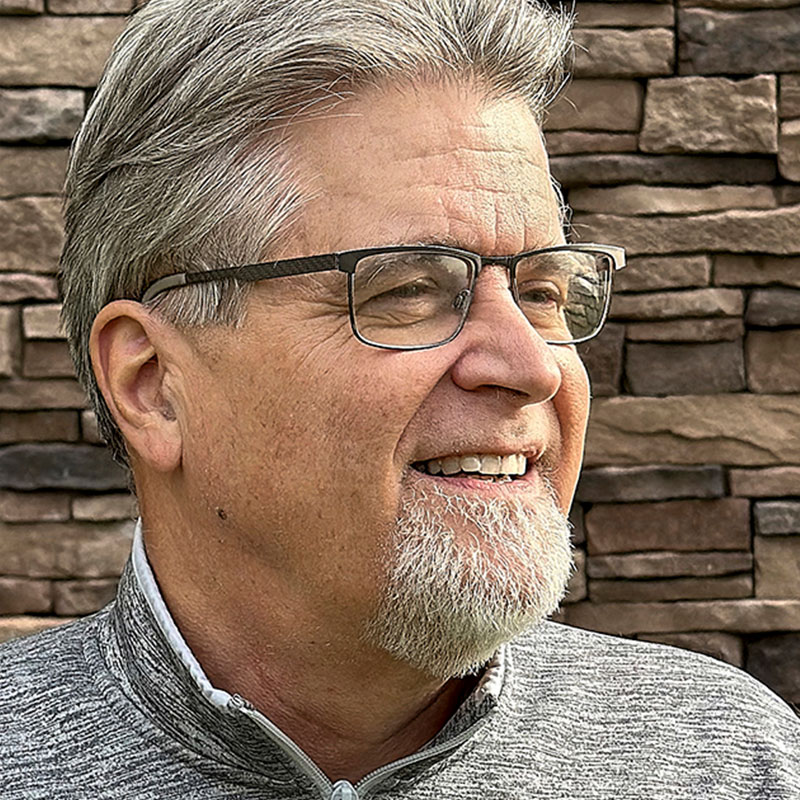
Evangelicalism is not totally full of toxic theology. There are some evangelical beliefs and practices that are beneficial—e.g. being in community together, sharing burdens with one another, and reaching out to people who need physical or emotional healing. After all, this is why many people are attracted to the movement. What’s more, as a movement, it’s not a monolithic block. Yet still, in my experience as an evangelical church member, lay leader, and ordained missionary for over 25 years, evangelicalism is full of beliefs, doctrines, and practices that fundamentally harm people. I have shared my revelations about this in Top Ten Reasons for Thoroughly Deconstructing Evangelicalism and Why I Left Evangelicalism for Universal Love.
Toxic theology and doctrines take a heavy toll on people. Ones like these: belief in original depravity, eternal damnation, substitutionary atonement by Jesus (him being a substitute for us on the cross to take what we deserved to appease God’s wrath), infallibility of the Bible (which creates a two-faced god), churchianity, belief in a transactional god, the end times, the final judgment, and the us-vs-them mentality. These all lead to condemning all people of other religions, former evangelicals, anyone spiritual-but-not-religious, agnostics, atheists, and the LGBTQ community. Much of the hurtful doctrines boil down to believing in a retributive god who is a harsh and violent taskmaster for those who don’t measure up. It can be psychologically crushing.
But how does one recover from these toxic, harmful beliefs once they have come to terms with them and have begun to deconstruct them? Here are 5 keys to recovery for anyone deconstructing:
1 – Learn a good study of history to combat toxic theology
I have found that studying the history of things like Jewish sacred texts, the first-to-second-century Jesus movement, how the Bible was compiled and translated, the variety of earliest streams of Jesus followers, and the development of the “Church of the East” (which is not taught to Western Christians), makes a huge difference in helping people. People can develop alternative, yet historically accurate, paradigms on certain doctrines and beliefs. For example, history tells us universalism was the predominant view of the afterlife in the “church” for its first 500 years. For at least 200 years after Jesus, his students (disciples) were pacifists. There was no inkling of a substitutionary atonement view until the 12th century and when it was fully developed much later in the 16th century. Moreover, the Bible was not considered inerrant—that’s a relatively new modern idea about scripture—and Jesus did not found a new religion or an institutional “church.” Learning these historical facts opens people’s minds to identify questionable doctrines and start rethinking them.
2 – Put yourself on a path of deconstructing any theology that appears harmful
Make a decision to deconstruct doctrines or practices that send up red flags for you or obviously harm people. If it doesn’t make sense to you or you feel inside there is something wrong, then there probably is. There’s no harm in examining theologies through a study of history combined with using reason, logic, and one’s own experience. Identify issues that impact you the most. Search out books or resources on those issues, or even better, find a Faith Deconstruction Workshop that can help you get started and point you to resources you may not know about. Then do your homework. Read good books on more accurate Christian history. Read stories about people who have deconstructed. Getting a fresh perspective on issues or doctrines that impact you will do wonders to begin to set you free.
3 – Find and engage with a community of like-minded deconstructionists
This may be hard to do, especially when one begins the process of deconstruction. You might feel like you are the only one. But there are some easy steps to take to find such a community. First, for a virtual community, one can read books by authors who share their stories of deconstruction as I did in Confessions of a Bible Thumper. Three other books that do this are Karen Shock’s Too Much and Not Enough, Dan Henderson’s Confessions of a Recovering Evangelical, and Tim Rymel’s Going Gay. Reading other’s stories brings you a sense of camaraderie as you begin to relate to what others have gone through and have “aha” moments, like thinking, That also happened to me! For a real community, I invite you join the Meetup Group I started in the Pacific Northwest that also has virtual Zoom meetings that are open to all across the country. Join us and look for the next event at the Deconstructing Evangelicalism Support Group. Finally, I offer an on-demand Religious Deconstruction Workshop that takes people through the major issues that need to be addressed in any faith deconstruction of fundamentalism and evangelicalism.
4 – Use logic and cognitive therapy techniques to free your mind from toxic theology
In my deconstruction workshop, I take people through two techniques that can help them overcome trauma from surviving spiritual abuse or fear-based faith. The first one is “If-Then” logic, a practice developed by Dr. David Smith, a philosophy and religious studies instructor for the Osher Lifelong Learning Institute at the University of Washington. You create sentences that address the negative impact of a toxic belief. For example, you might say, “If there is a God, then what would (s)he be like? Perfectly good? If God is perfectly good, then would (s)he be angry and punish me because things didn’t make sense to me and I allowed reason to change my mind?”
Another technique is to use Mood Charts taken from cognitive behavior therapy practices. You write down the Automatic Negative Thoughts that may come up in your mind when you are questioning harmful doctrines. Then you identify the type of distortion the thought is and come up with a rational response to the distortion. For example, the consider this thought: “Deconstruction is a fancy word for backsliding. You are backsliding onto dangerous ground!” There is a distortion going on here. It is “Jumping to Conclusions.” The rational response is: “This is the church’s conclusion not mine. I question these beliefs because they don’t make sense, are not historically accurate, and I’ve seen how they harm people.”
5 – When you are ready, start rebuilding an alternative path based on the universal love ethic
I find it helpful for people to create a statement about what they think matters most about Jesus, or faith, or the meaning of life. For me and many people, what matters most is the love ethic that Jesus taught and that many of the Jewish prophets and mystics of history espoused. For example, your statement could be, “Anyone who loves their fellow human beings—including their enemies—fulfills what God desires.” Or, “Love for all humanity is what gives real meaning to life.” Then, one can use this statement as a foundation for rebuilding a new paradigm on Christian faith, spirituality, or a theory of life. What counts is “what matters most,” not where someone lands, whether they land as a progressive Christian or within a non-religious philosophy of life.
Deconstructing one’s faith because it is fundamentally toxic can be a long and difficult process. But you don’t have to do it alone. These five keys can point you to how to navigate the process and get you connected with other people going through the same experience. They can help you resolve the negative voices that can produce trauma, guilt, self-hatred, and fear. The road to recovery from toxic faith may be long but it’s incredibly rewarding and leads to a beautiful destination. Stay the course.
_____________________
Michael Camp tends the Spiritual Brewpub, which helps disillusioned or post-evangelicals (or “nones”) uncover historical facts and insights that help them deconstruct, rethink, and rebuild a more authentic faith or philosophy of life. He is the author of Breaking Bad Faith: Exposing Myth and Violence in Popular Theology to Recover the Path of Peace, which releases on July 4, 2023 (Quoir). To get updates and read other themes in the book, subscribe to this blog. To get specific help deconstructing conservative Christianity and rebuilding healthy faith, see Michael’s Religious Deconstruction Workshop and listen to the Spiritual Brewpub Podcast.














